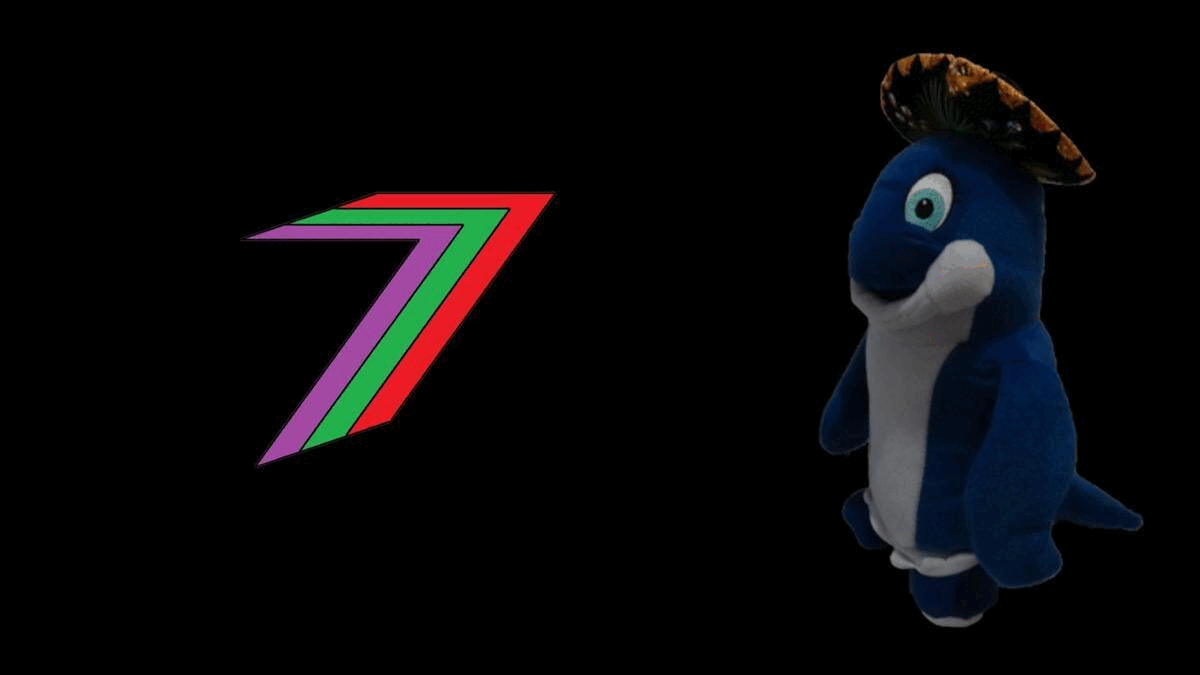Hi Everyone,
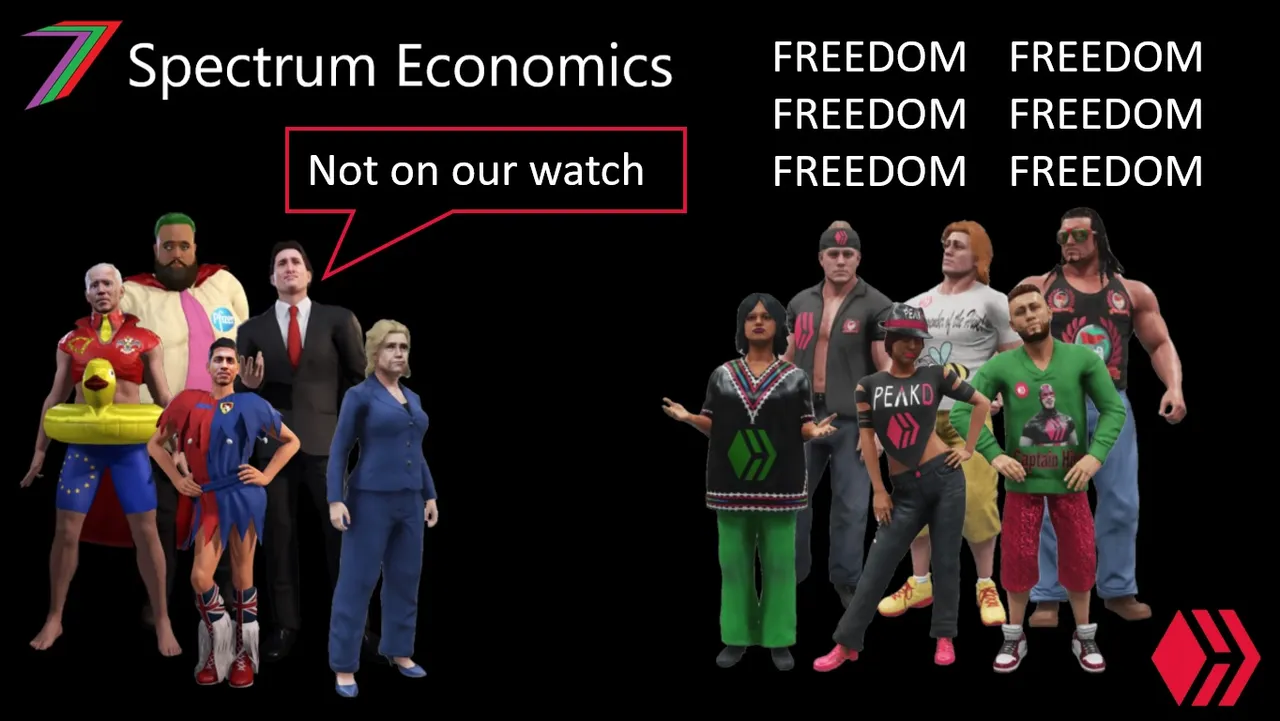
Freedom does not guarantee us happiness or a good standard of living. It provides us with opportunities to choose our own path in life. This path enables us to achieve happiness and other goals that contribute to a good quality of life. In my post, Freedom Based Economics, I discussed the steps necessary to facilitate freedom for ourselves as well as how to use that freedom to enhance the quality of our own lives. These steps were expressed as follows.
Achieving Freedom
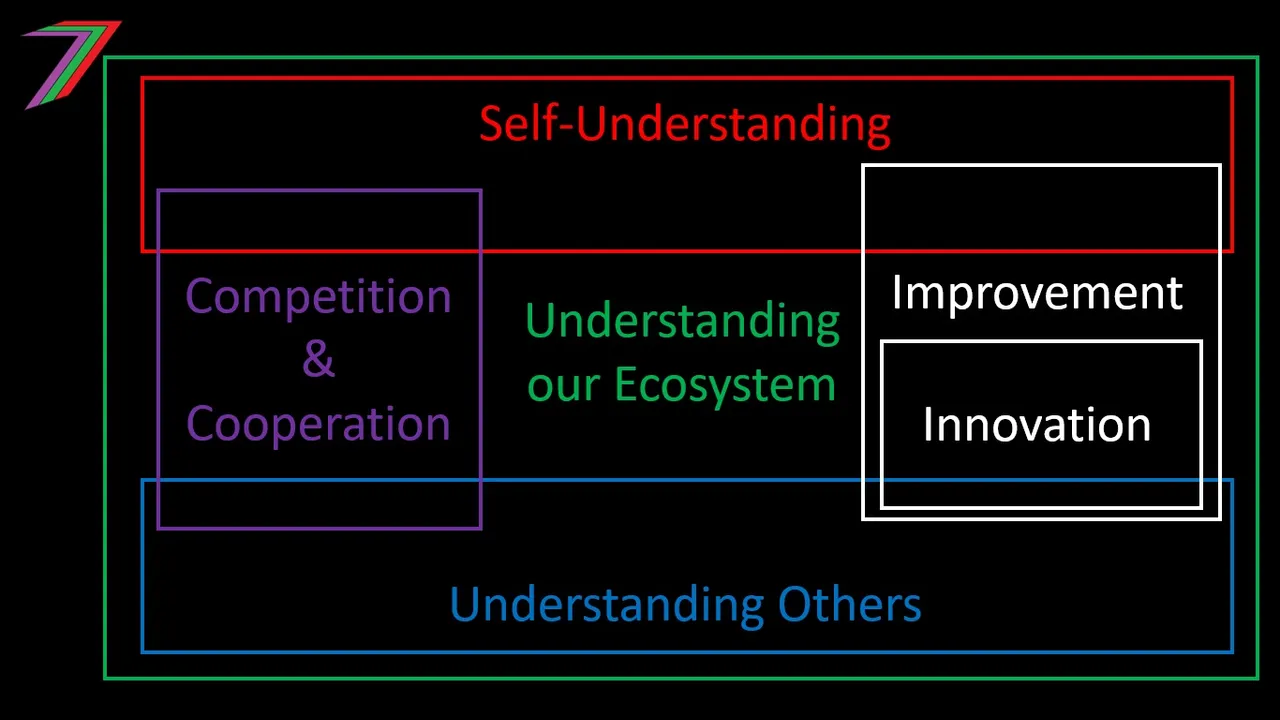
If we believe in freedom for ourselves we should respect, support, and facilitate the freedom of others. In this post, I want to discuss some objectives that can help all of us utilise freedom to make our lives better as well as contribute to enabling others to use their freedom to live a more fulfilling life.
Twelve Freedom Objectives
To help us make the most of our freedom we can set objectives. In this post, I identify twelve objectives that I believe can enable us to make the most of our freedom. These 12 objectives are as follows.
- Enabling Reasonable Opportunity
- Pursuing Self Discovery and Enlightenment
- Supporting Life-long Learning
- Striving for Continuous Self-Improvement and Personal Development
- Developing Empathy and Understanding of Others
- Maintaining Motivation and Desire to Succeed
- Enabling Cooperation and Collaboration
- Balancing Conviction and Flexibility
- Understanding the Power of Choice
- Sharing Experiences, Knowledge, and Skills
- Respecting our Environment
- Being Happy
Enabling Reasonable Opportunity
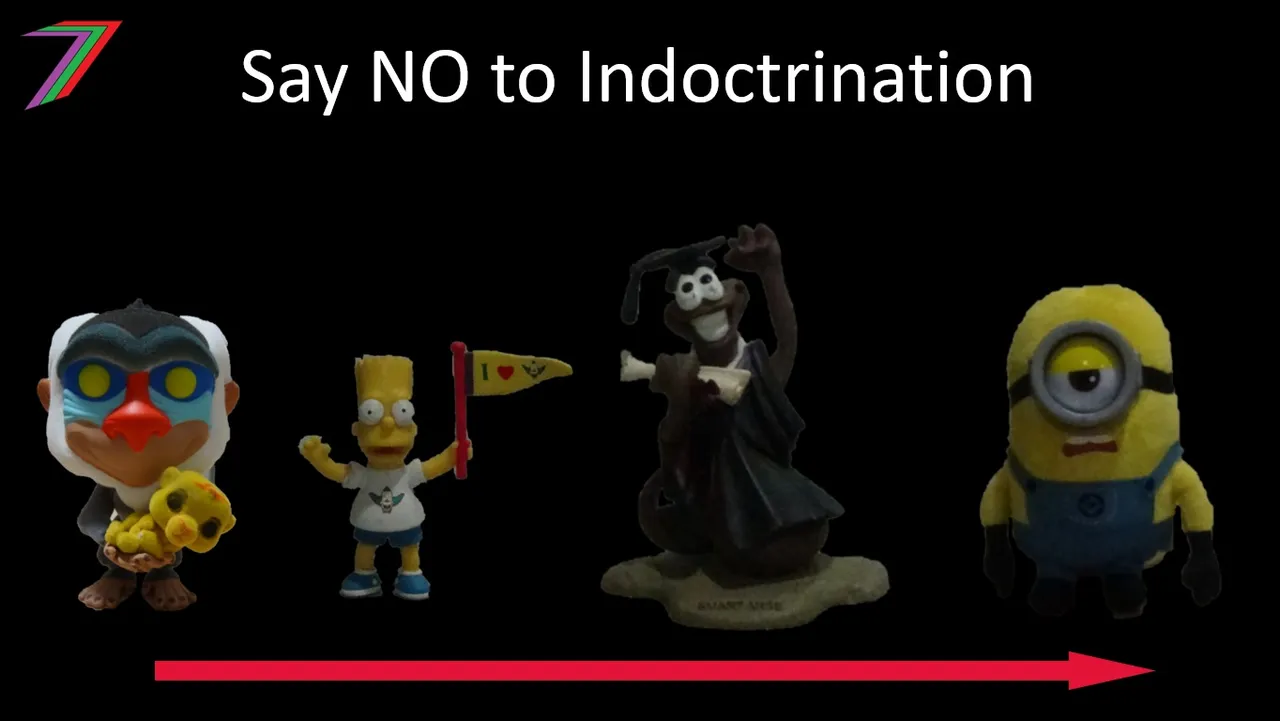
We start our lives as dependents. We rely on other people for everything. Therefore, we are not born free. Instead, we are either given opportunities to gain freedom and/or we seek that freedom for ourselves using the tools at our disposal.
If we desire freedom for ourselves we should facilitate enabling freedom for others. A good place to begin is with children. We should aim to reduce their dependence by teaching them the skills necessary to be independent. From an early age, they should be taught to think for themselves. This can be done directly by parents and other senior family members. This can be supported by an education system that teaches children analytical skills, self-reflection, and encourages inquisitive behaviour. These skills provide people with opportunities to pursue the path they desire. In my post, Teaching and Learning Philosophy, I discuss what I consider to be a good education.
Equal opportunities are desirable but unrealistic. People are born into different circumstances. For example, being born into a wealthy family that offers strong support cannot be perfectly replicated. Some people are born with physical or mental disadvantages that reduces their opportunities. Most people will be at some disadvantage. However, this disadvantage can be greatly mitigated with strong support from family, community, and a good education system. Reasonable opportunity comes from acquiring the necessary skills and abilities to pursue our own path. This path will be easier for some and more difficult for others.
Pursuing Self Discovery and Enlightenment
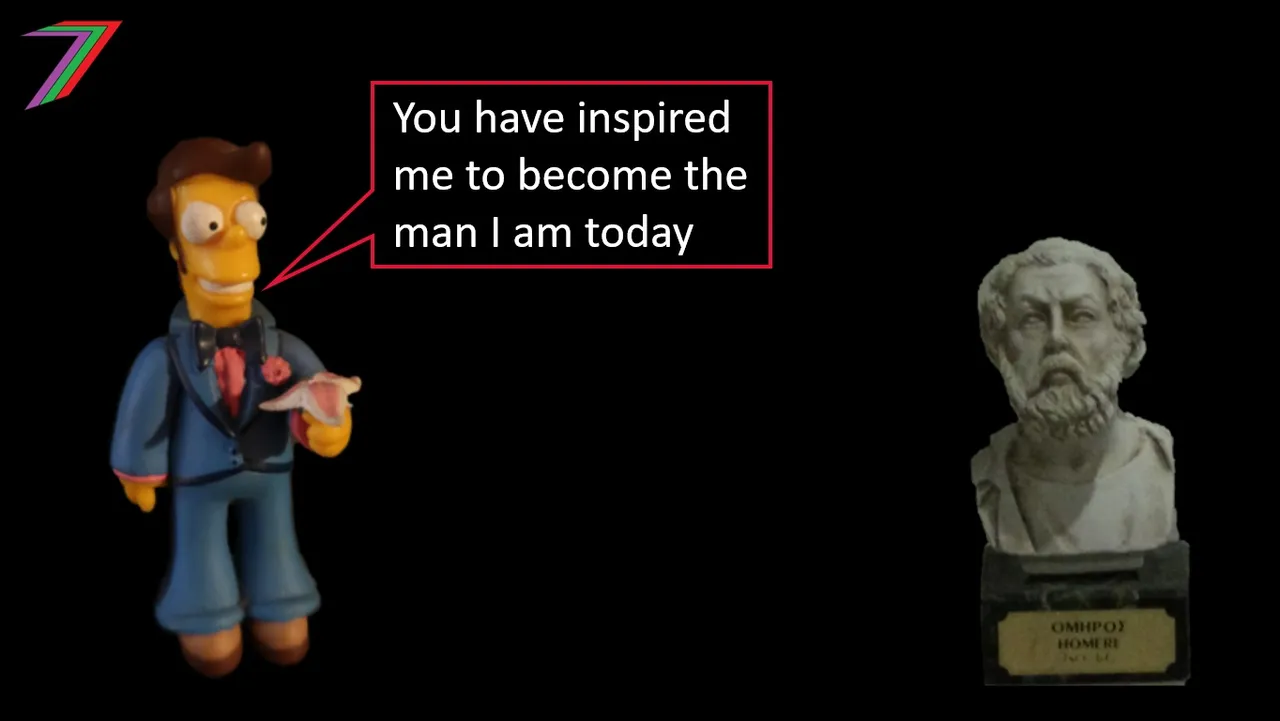
Understanding ourselves is not an easy task. We are influenced by so many different things. We are often unaware of all the influences and the extent of the impact they have on us. Our decisions and actions can become misguided if we do not fully understand the logic we use to determine them. We can mitigate this problem by learning to understand ourselves, how we perceive others, and the world around us. We can do this internally by reflecting on own experiences and how other people affect our lives. We can share what we have learned about ourselves as well as learn what other people have discovered about themselves. In my post, Changing Opinions (Part 1), I discuss how our opinions are shaped by various influences and in Part 2 I shared some of my own experiences.
Supporting Life-long Learning
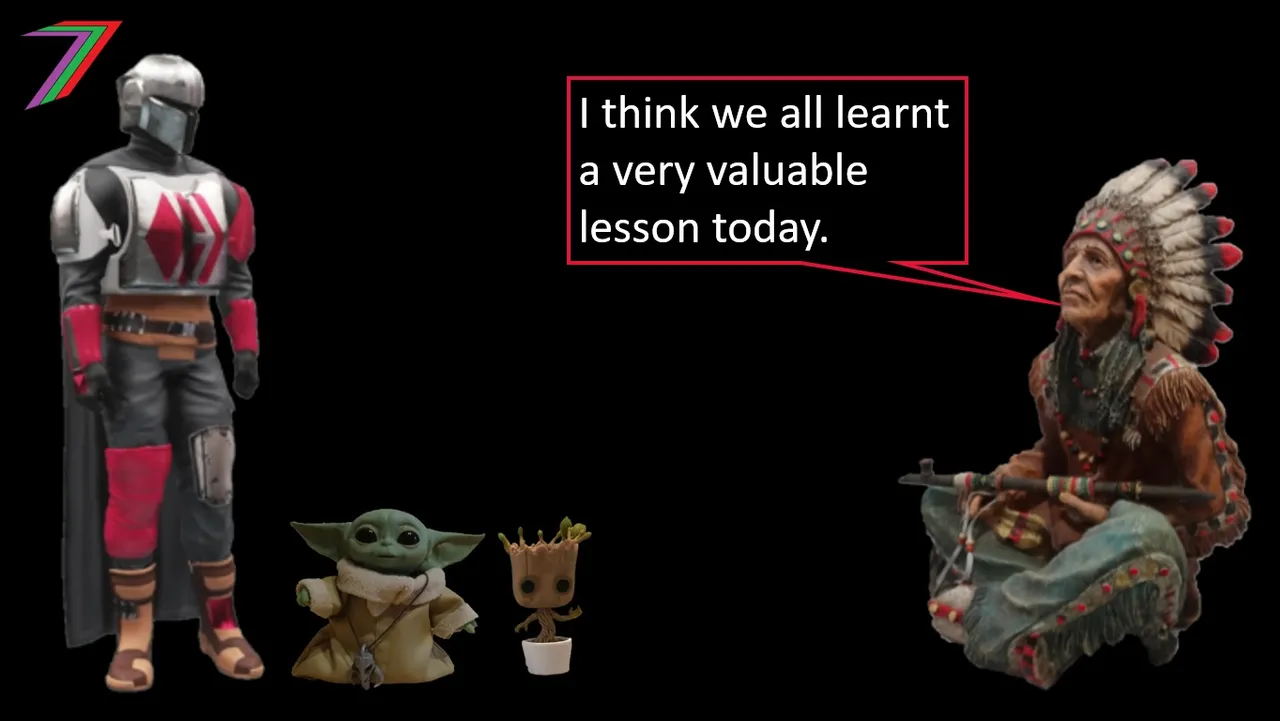
We should never stop learning. There will always be so much that we do not know and the world is constantly changing. Continuous learning enables us to better reflect on what we currently believe. In most cases, this can help us tweak our perceptions of the world. In some cases, our perceptions can dramatically shift. However, dramatic changes should be strongly challenged before being adopted.
We can learn by ourselves through experiences, exploration, and research. We can learn from others through direct contact, or written or recorded media and reports. We can share our own knowledge, experiences, and theories with other people. This helps us receive feedback as well as become an input into another person’s learning experience. In my post, Teaching and Learning Philosophy, I discuss the importance of life-long learning.
Striving for Continuous Self-Improvement and Personal Development
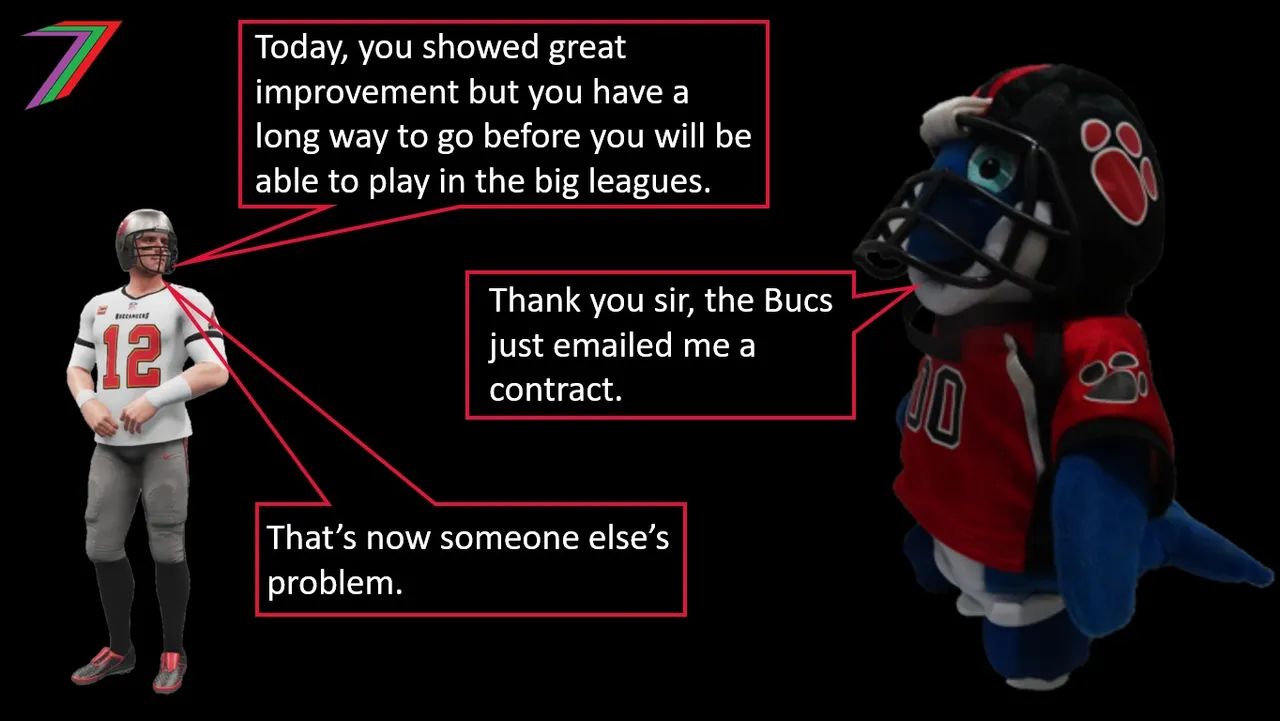
Having freedom means that we need to rely more heavily on ourselves to make the most of our lives. We will need to compete and/or cooperate with other people to get what we want and succeed. Therefore, we need to increase our chances of success. Becoming more skilled in areas relevant to our goals can increase our chances of success. We become a stronger competitor and more valuable when we cooperate with others; thus will be able to obtain more from others in return. In my post, Time to Play the Game, I discuss playing the game of life and various strategies we could consider in our approach to it.
Self-discovery and life-long learning support the objective of self-improvement and personal development. We can utilise self-awareness to inform us of our strengths, weaknesses, and areas of interest. Life-long learning increases our knowledge and can become a value input to increasing our skills and ability.
Developing Empathy and Understanding of Others
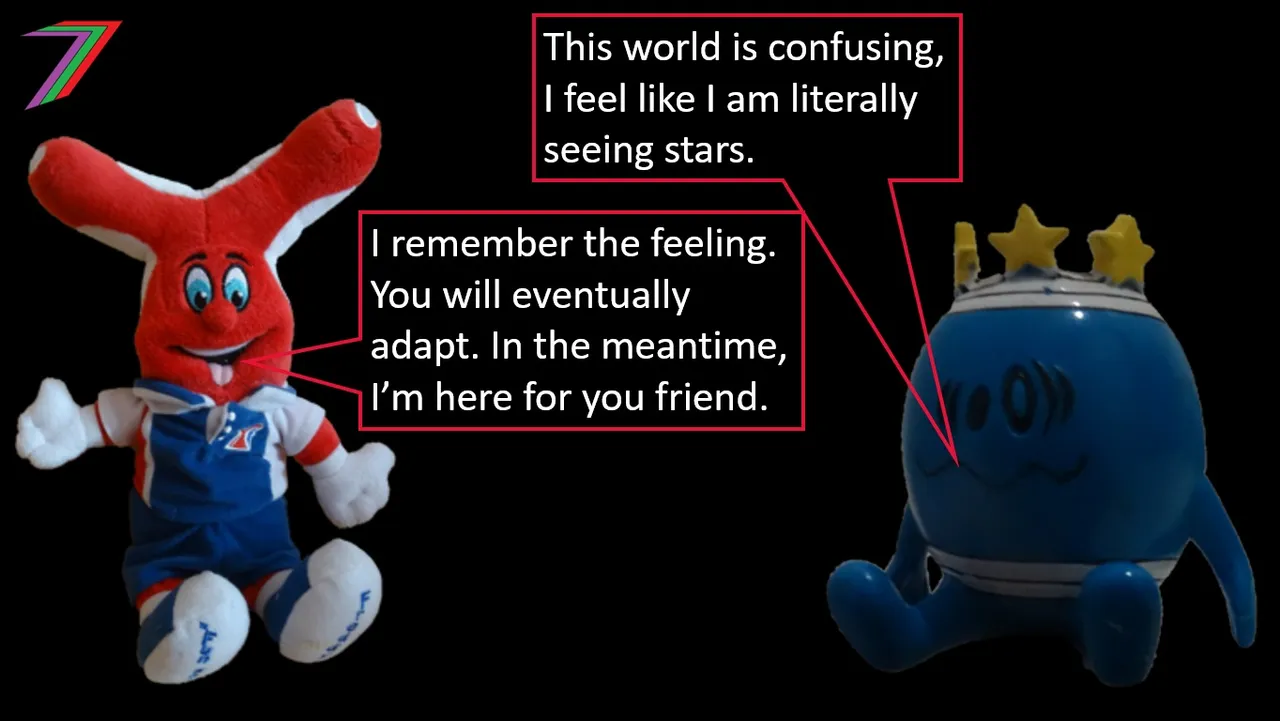
We can never fully understand things from another person’s perspective but we can improve our understanding of what they might be experiencing. We can do that through communication. We can listen to what someone has to say as well as inquire into why they feel a particular way. We can actively experience some of the same things as others to give ourselves some firsthand experience of what they might feel. If we are able to empathise with someone we able to respond better to them. This will help them and us as they are likely to respond better to us. In my post, A World of Tolerance, I discuss understanding the world from other people’s perspectives.
Maintaining Motivation and Desire to Succeed
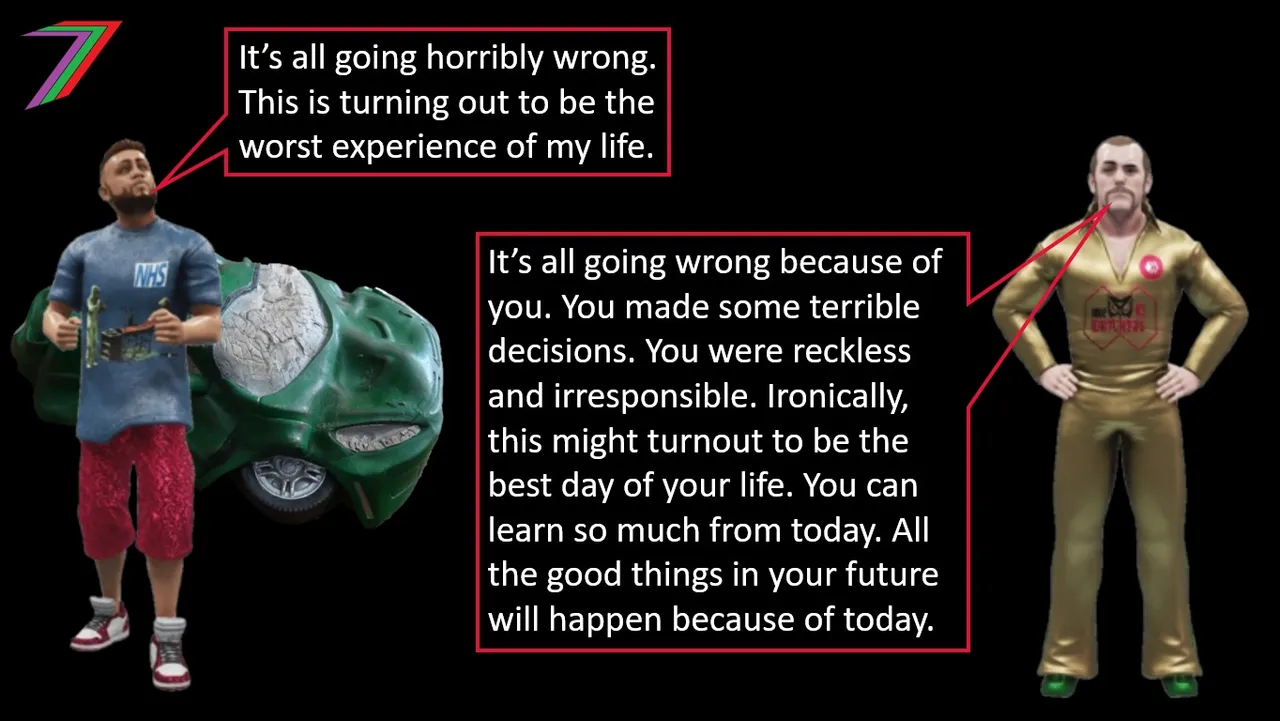
Life can be difficult. Things can go wrong. Sometimes it is our fault and other times it is not. Either way, there are opportunities to learn from what went wrong. If we made a mistake, we can learn from that mistake so that it will not be repeated. If what happened is beyond our control, we can become more aware of what happened and be better prepared in the future. Even when things go well, we need to be aware of what could have gone wrong as circumstances often repeat. If we are motivated and have a strong desire to succeed, we are more likely to learn from events and become more successful in the future. In my post, Reflecting on Past Decisions, I discuss bad decisions, how we can define them, and learn from them.
Enabling Cooperation and Collaboration
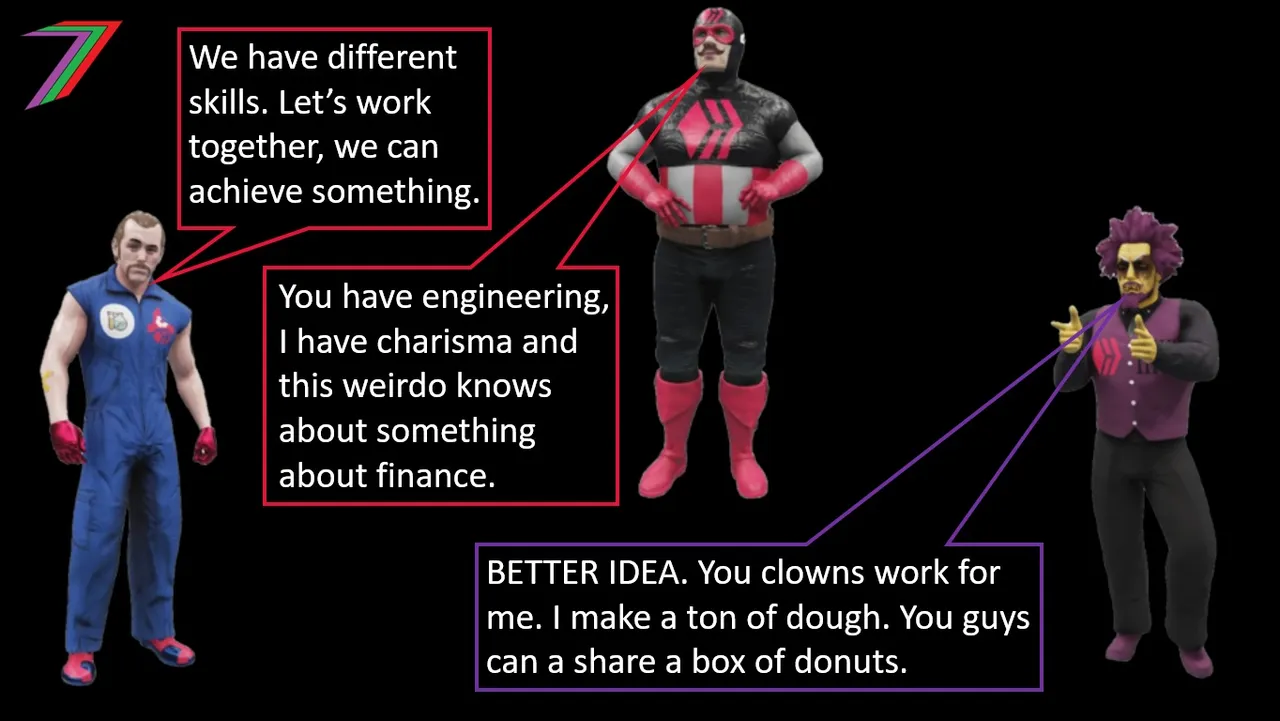
No matter how skilled, knowledgeable or talented we become. We will never be able to do everything. We will need the skills and abilities of others to complement what we can offer. Other people are also likely to require the skills that we excel in. There are mutual benefits from cooperation. These benefits increase our chances of success. Cooperation and collaboration also provides us with learning opportunities. We can learn the skills of the collaborating party as well as become more experienced working in a team. Cooperation enables us to better understand other people and their motivations. We can also meet other people we might want to work with in the future. In my post, Entrepreneurship should be encouraged by other entrepreneurs, I discuss the importance of cooperation between business owners.
Balancing Conviction and Flexibility (open-mindedness)
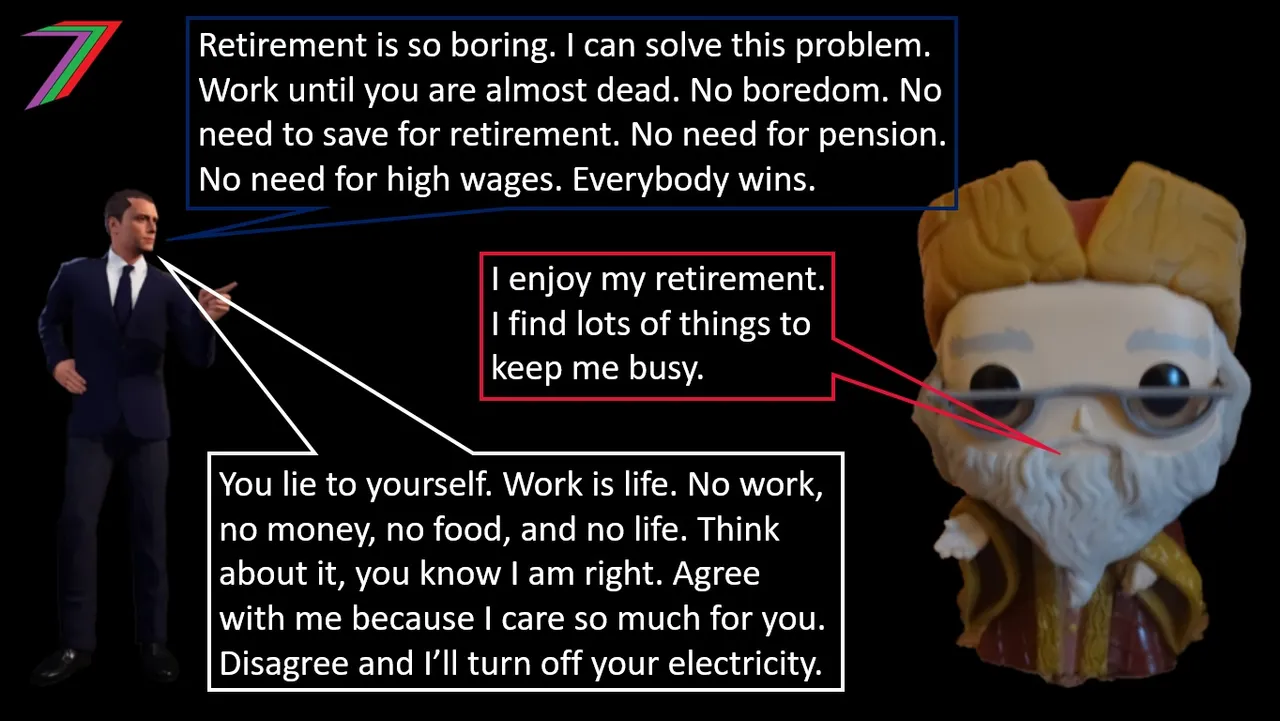
We all live different lives, we all have different experiences, we all have different knowledge, and we are all exposed to different influences. Therefore, all our opinions and approaches to life are going to be different. Sometimes they are subtly different and sometimes they are radically different. These differences could be inconsequential or they could lead to disagreement. Disagreement is likely to occur when one or more parties wants or needs other parties to change opinions or actions. Parties can respond with resistance, acceptance or a combination of the two. The appropriateness of the response depends on circumstances.
We can justify resistance to change if we have strong convictions. Our existing opinions and methods could be thoroughly tested and appear substantially accurate. The proposed changes may appear to offer nothing of value or even make matters worse. However, we should only draw these conclusions if we have fully considered what is being proposed. Resistance should not be based on ignorance or an unwillingness to concede to another party. Hence, it is important to be flexible and be willing to consider change. If what is being offered appears reasonable and we do not have any firm convictions to the contrary, it is worth at least exploring. New or different ideas and experiences contributes to our development. We should not accept something out of fear, intimidation, manipulation, inducement, or for the sake of change. In my post, Changing Opinions (Part 1), I discuss rationale for changing or keeping our opinions.
Understanding the Power of Choice
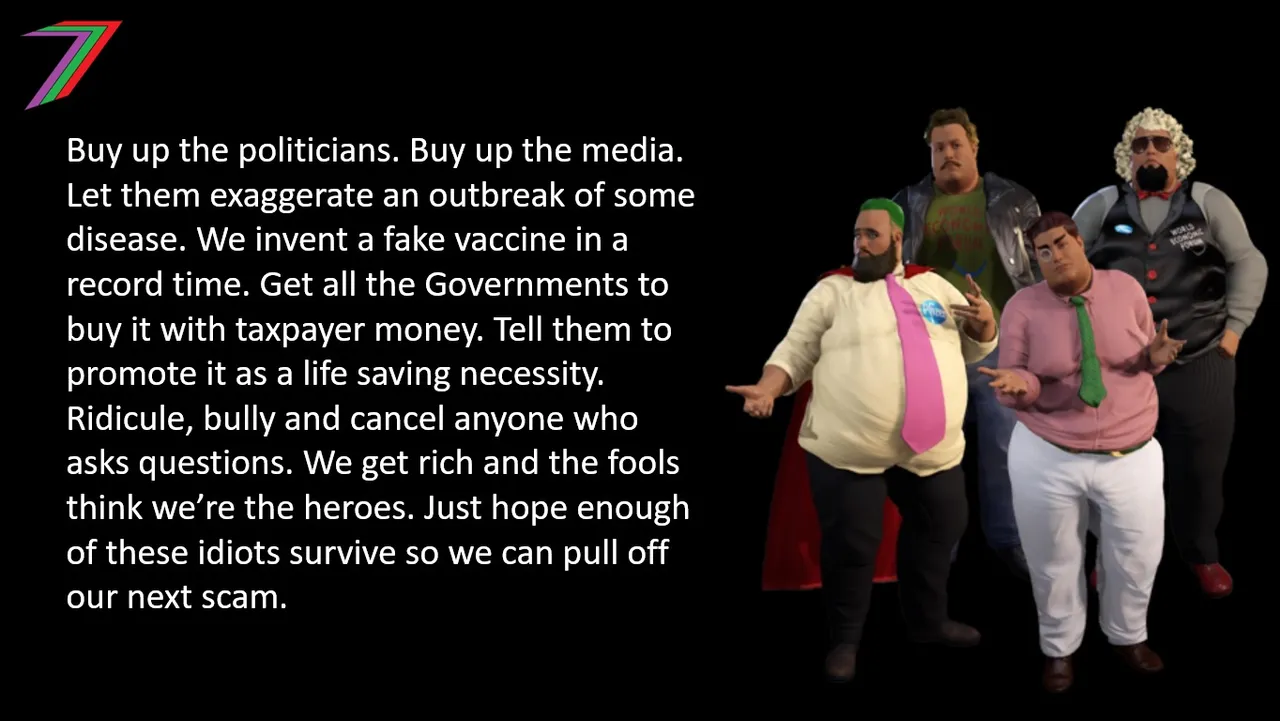
To be free is to make our own choices. When we make choices we need to understand that these choices have consequences. It is important to understand the likely consequences of our choices and who they affect the most. First we need to understand how our choices affect us directly. We need to accurately access that our choices provide us with a net positive outcome. Next, we need to consider how our choices affect others. Who do they benefit and who do they hurt? Do our choices impinge on others’ freedom? Can any negative impacts on others be avoided? Do we care about all parties affected by our choices? It is often in our best interest to care about and respect the interests of others.
Sometimes other people’s choices affect us. We would prefer that their choices affect us positively or at least not negatively. We would prefer that their choices do not negatively affect our freedom. However, if we believe in freedom, we will not try and directly control the actions of others. Instead, we rely on mutual gains from showing mutual respect. People who do not show respect to others will eventually face consequences from their actions. These consequences could include a damaged reputation and lost opportunities to benefit from others. Initial short-term gains from a choice that is inconsiderate of others are likely to be erased by medium and long term consequences of missed opportunities. In my posts, Freedom for Us, Them, and Everyone (Part 1) and Freedom for Us, Them, and Everyone (Part 2), I discuss the choices we make, our motivations, and how they affect other people.
Sharing Experiences, Knowledge, and Skills
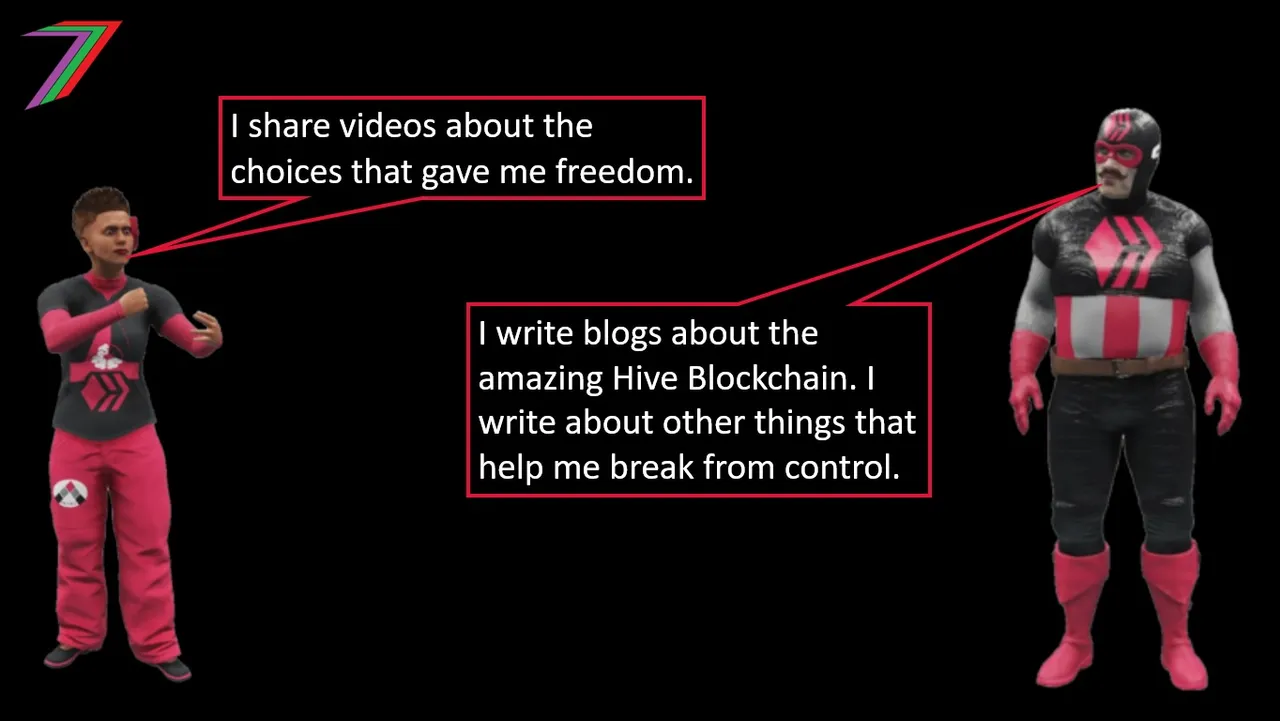
If we are living a free life and it is working well for us, we should share what we know, experienced, and how we achieved what we have with other people. Enabling the success of others is to the benefit of society and often to the benefit of ourselves. We are contributing to the overall success of our community. Even if we receive a smaller portion of the overall success, we are likely to obtain a net gain. There are many different ways we can communicate our success. We can do it in person, in presentations, in blogs, or even through courses. I share as much as I can in Hive blogs and videos. Links to my collection posts are available at the end of the post; collection four is the most relevant to this section as I share more about myself.
Respecting our Environment
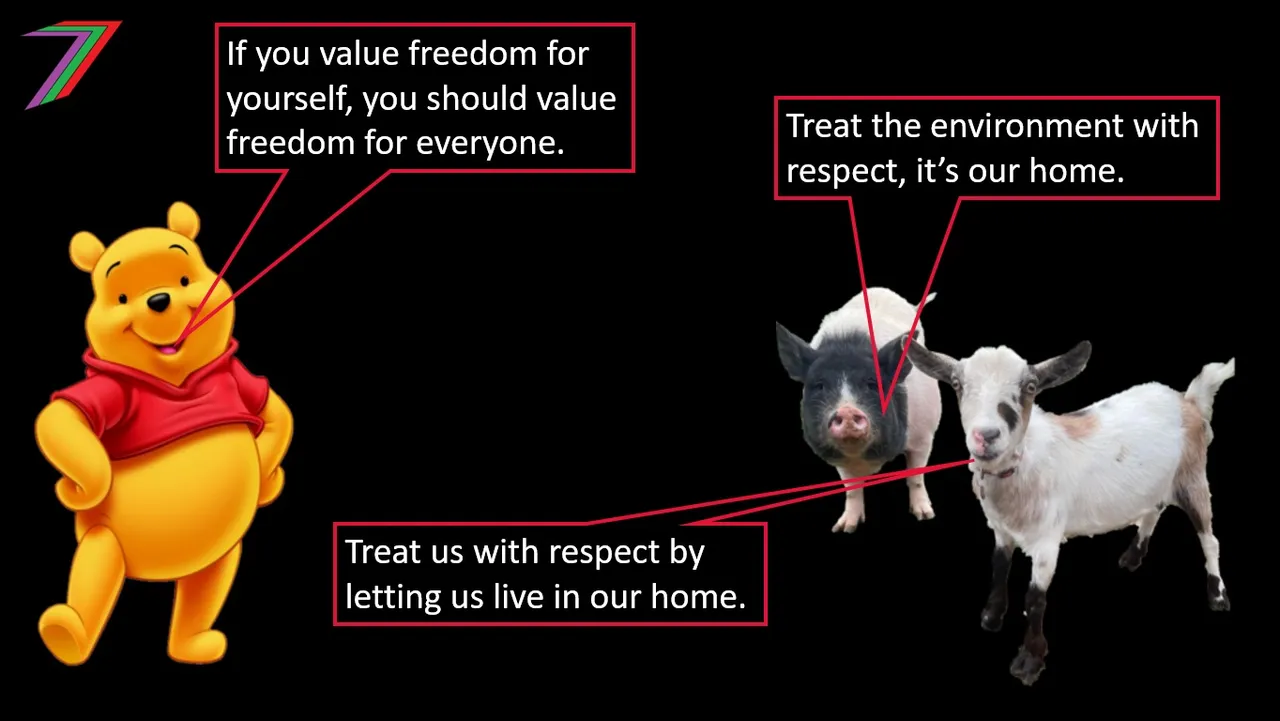
The world does not revolve around us. We are part of the broader environment. Our actions affect our environment and our environment affects us. We need to respect our environment. What we do to our environment now, affects future generations and their quality of life. A damaged environment limits our freedom by limiting what we can do and what we can enjoy. Respecting our environment is respecting the freedom of future generations.
Our environment does not only belong to us, other species of animals live in it. Valuing freedom is not unique to humans. Almost every living creature requires freedom to live a fulfilling life. By damaging the environment, we affect these species freedom as we are damaging or even destroying their homes. For the majority of animals in the world, we have taken away their freedom for our personal benefit. If we believe in freedom, we should believe in it universally and not just for ourselves. In my post, Valuing Life (Part 3) – Valuing the life of an animal, I compare different animals life expectancy and quality of life in the wild (free) and in captivity.
Being Happy
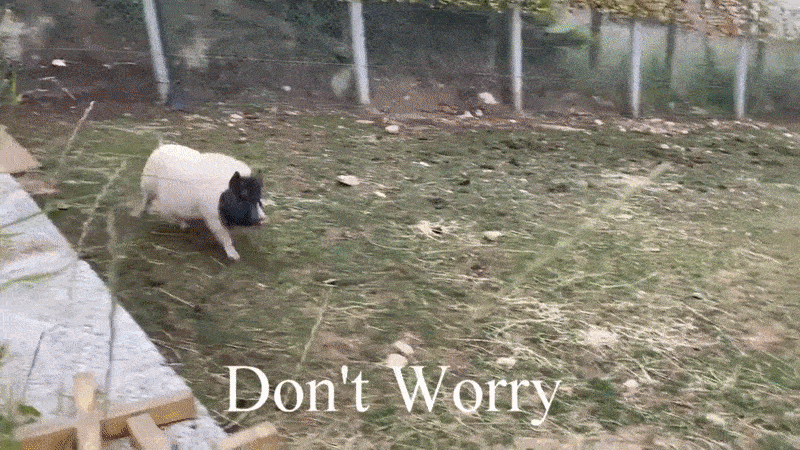
To make the most of our freedom can involve a lot of work. This work is only meaningful if it results in our happiness. It is easy to get caught up chasing objectives that seem important at the time but if chasing these objectives and eventually meeting them is not bringing us happiness, it is possible we might be chasing the wrong objectives. Therefore, it is always important to pause and reassess our direction sometimes. It is also worth considering the effect we are having on other people’s happiness. In my post, What do we want?, I discuss, in general, the areas people need fulfilment in order to be happy.
Conclusion
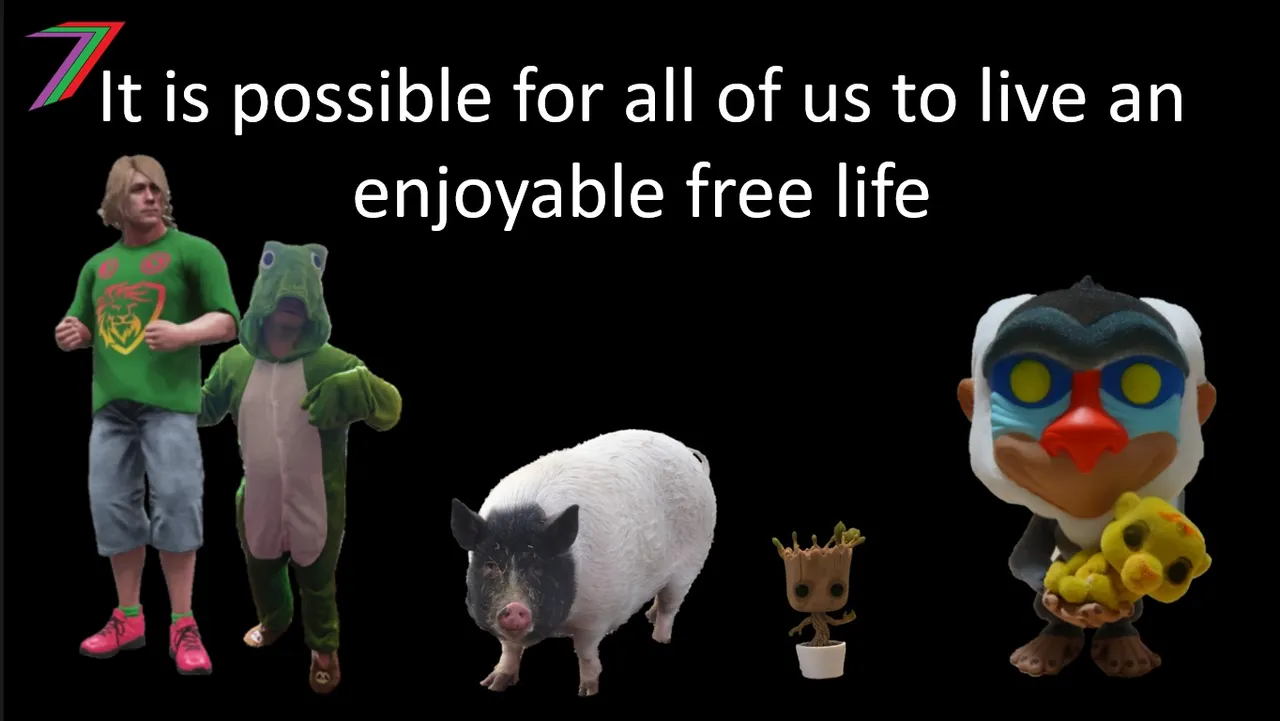
The objectives outlined in this post are intended to serve as a guide to how we can make the most of our freedom so that we can live an enjoyable life without impeding on other people’s freedom. To fully appreciate our own freedom we should respect others' freedom and even enable them to make the most it. Nobody’s freedom should be considered less or more valuable than anyone else’s. I believe we can extend this to future generations as well as other species of animals that are part of our environment.
More posts

If you want to read any of my other posts, you can click on the links below. These links will lead you to posts containing my collection of works. These 'Collection of Works' posts have been updated to contain links to the Hive versions of my posts.
Hive: Future of Social Media
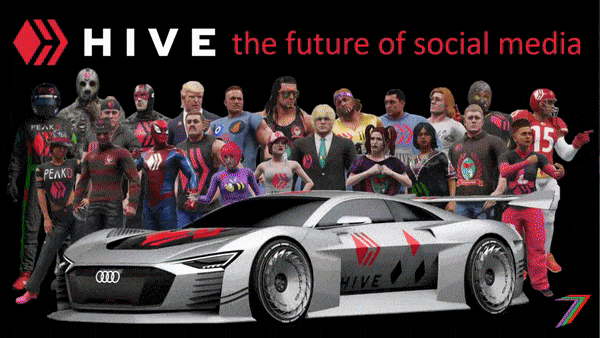
Spectrumecons on the Hive blockchain
